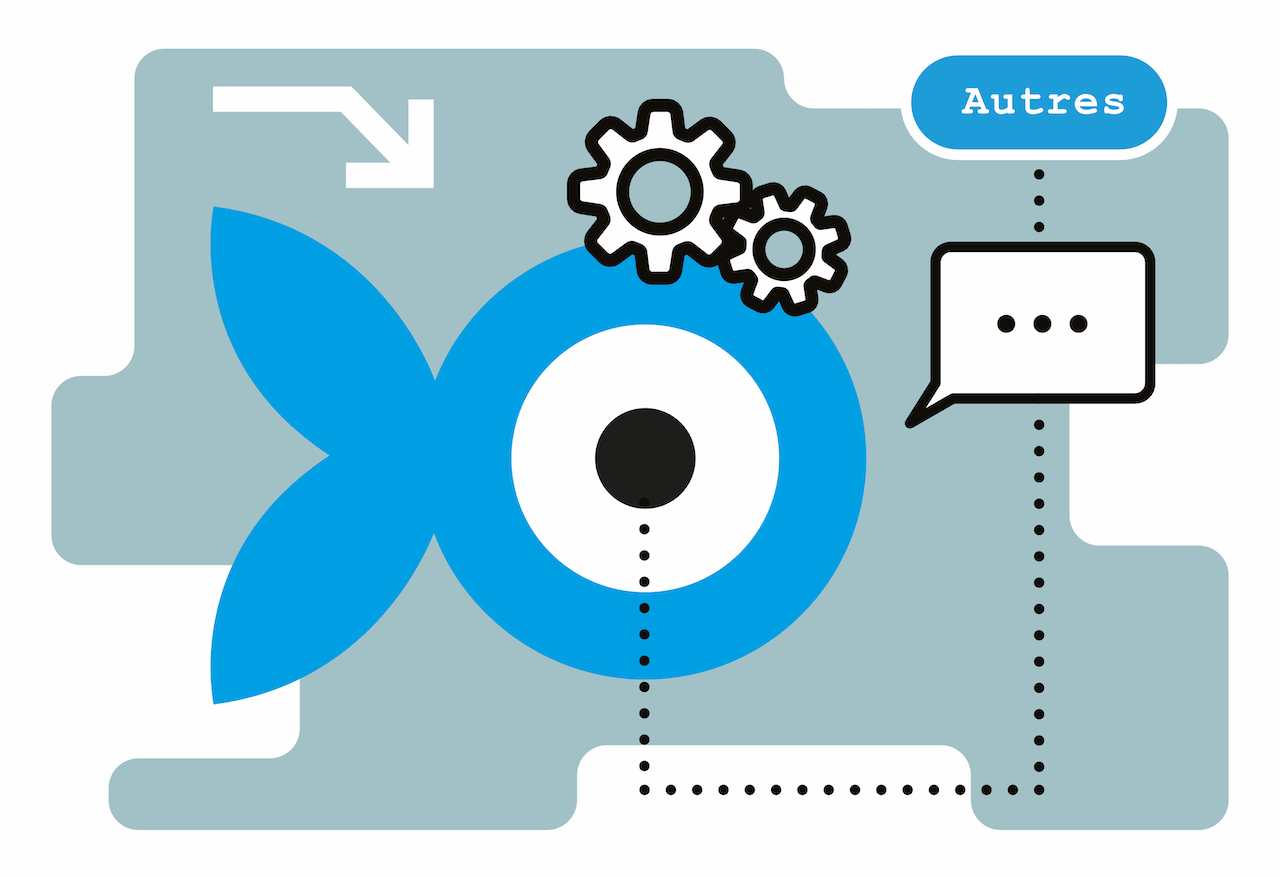Inhaling Data, Exhaling Politics: Speculative Ordinaries and the Infra-Commoning of Belgrade's Atmotechnical Sensescape
Fiche du document
- ISIDORE Id: 10670/1.6a45af...
openAccess , https://creativecommons.org/licenses/by/4.0/ , BY
Mots-clés
atmotechnical infrastructures toxic urbanism infra-commoning urban sensescape speculative ordinariesSujets proches
Environmental pollution Chemical pollution Pollution--Control Contamination of environmentCiter ce document
Stefan Janković et al., « Inhaling Data, Exhaling Politics: Speculative Ordinaries and the Infra-Commoning of Belgrade's Atmotechnical Sensescape », Repository of Institute for Philosophy and Social Theory of the University in Belgrade, ID : 10670/1.6a45af...
Métriques
Partage / Export
Résumé
Somewhat escalating, the matter of atmospheric pollution in Belgrade in recent years has catalyzed a massive public controversy, followed by alarming health reports, speculations on major pollution sources and, inevitably, an unsettling inability to navigate political responsibility. What predominantly pushed this public controversy forward is a proliferation of digital atmotechnical infrastructures that render air quality visible and calculable. Relying heavily on DIY strategies, such a machinic collection of instruments, digital devices, citizen-deployed pollution gauges and techniques that translate the complex, more-than-human phenomenon of atmospheric toxicity, have ultimately led to the assembling of a distinct urban sensescape. Yet, such a form of toxic urbanism has largely remained contested. Becoming what we term as “speculative ordinaries”, these atmotechnical infrastructures propelled competing practical registries about prolonged, human-induced changes to the urban atmosphere. Drawing on urban assemblage theory and growing literature on “making and doing” in Science and Technology Studies, we discern how infra-making of atmotechnical infrastructures engenders speculative ordinaries and unfolds as affective acts of infra-commoning. By deploying digital ethnography and cartographic analysis, we first explore in detail how the infra-making of atmotechnical infrastructures and such digital inscriptions enable the territorializing of air quality as sensescapes. Specifically, we underscore the computational capacities of air monitoring applications, their geographies, along with DIY knowledge. Secondly, we trace how emerging urban intelligence becomes highly speculative in evolving trajectories of infra-commoning. Our analysis maps and describes three major strategies of commoning air pollution, with distinct registries. Addressing toxic urbanism by activists, who predominantly stand behind the proliferation of digital atmotechnical infrastructures, thus involves attributing pollution to a lack of political control and justifying the matter of toxicity in terms of general well-being. Officials, however, espouse a counter-narrative, downplaying and portraying air pollution as a manageable byproduct of urban-economic growth. Concurrently, altright narratives propagate a narrative of orchestration, suggesting deliberate pollution by foreign actors. Ultimately, we argue that despite ambivalent outcomes in the infra-commoning of air pollution, the spontaneous infra-making of sensescapes as speculative ordinaries represents a peculiar otherness of urban intelligence, and as such, offers a vital avenue for reimagining urban futures.
